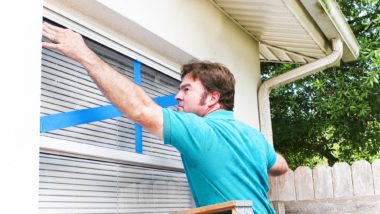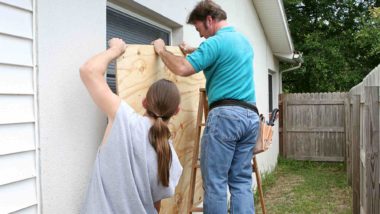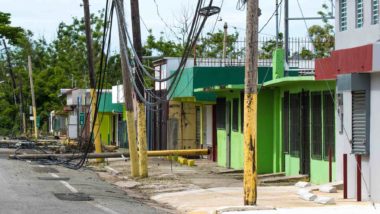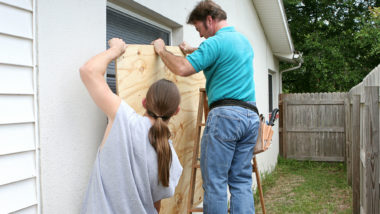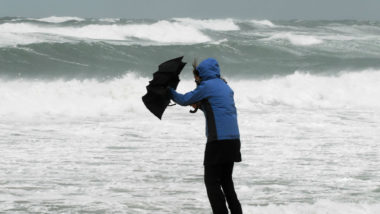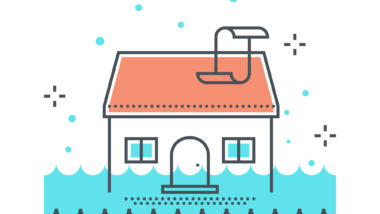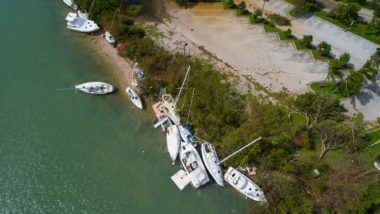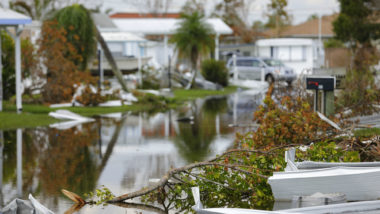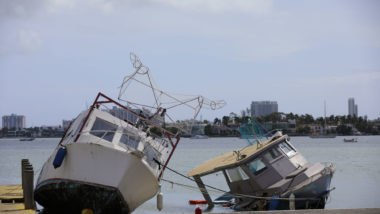Top Class Actions’s website and social media posts use affiliate links. If you make a purchase using such links, we may receive a commission, but it will not result in any additional charges to you. Please review our Affiliate Link Disclosure for more information.
A new study indicates that Atlantic hurricanes are now staying stronger for longer periods of time after making landfall, leading to significantly more destruction and hurricane insurance claims.
Indeed, looking at dozens of Atlantic hurricanes that have made landfall since 1967, the new study found that in the 1960s, hurricanes used to decline by two-thirds wind strength within 17 hours of making landfall. But now, about half a century later, it generally takes about 33 hours for hurricane wind strength to weaken by two-thirds, according to the results of the study, published in the multidisciplinary science journal Nature.
“This is a huge increase,” said study author Pinaki Chakraborty, a professor of fluid dynamics at the Okinawa Institute of Science and Technology in Japan. “There’s been a huge slowdown in the decay of hurricanes.” Which is to say, the hurricanes are not slowing down as soon as they used to, and instead remain strong nearly twice as long.
A prominent example of the longer-lasting strength of Atlantic hurricanes is 2018’s Hurricane Florence, which caused $24 billion in damage in the Carolinas. It took Hurricane Florence nearly 50 hours after making landfall—that’s more than two days—to decrease by about two-thirds.
In 2016, Hurricane Hermine in Florida took more than three days to decrease by the same amount.
What caused the change in how Atlantic hurricanes function? Warmer ocean waters caused by climate change are the likely root, the study found. These warm waters act as a reserve fuel tank for moisture. This was an unexpected result, the researchers indicated said. According to Chakraborty, he actually thought at the start of the study that the hurricanes’ decline in power wouldn’t have changed over the years because as storms move inward, and away from the warm ocean water that fuels them, they tend to lose strength.
But then Chakraborty saw that over the years, Atlantic hurricanes lost less and less strength as they made their way inland—that is, remained stronger for longer periods of time. After charting ocean temperatures, and running simulations, the researchers concluded that warmer ocean temperatures caused by the burning of coal, oil, and natural gas were causing this change.
 What Does This Change Mean Moving Forward?
What Does This Change Mean Moving Forward?
So what does this mean for the future of Atlantic hurricanes? It’s likely going to get worse, the study’s authors indicate. As the world continues to warm up because of human-caused climate change, significant hurricane damage will keep moving inland to cities like Atlanta as storms that might once have decayed to more reasonable levels continue strong for days.
Brian McNoldy, a hurricane researcher with the University of Miami, who wasn’t part of the study, highlighted the impact that these changes may have on insurance rates in the near future.
“If their conclusions are sound, which they seem to be, then at least in the Atlantic, one could argue that insurance rates need to start going up and building codes need to be improved…to compensate for this additional wind and water destructive power reaching farther inland,” McNoldy said.
This is the latest of studies showing that tropical storms are changing year over year—getting wetter, getting closer to the poles, and getting even stronger and more destructive.
If you were affected by a recent hurricane, it is important that you are fully compensated for your losses. Even if you’ve already received compensation from your homeowners insurance company, you may not actually have been paid in full, and may actually be eligible for additional compensation money.
Dealing with insurance companies can be a daunting prospect, and pursuing litigation even more so, so Top Class Actions has laid the groundwork for you by connecting you with an experienced attorney. Consulting an attorney can help you make sure that you receive the full compensation that you are due, and can help you through the litigation process if that becomes necessary.
Join a Free Hurricane Insurance Claim Investigation
It is important that you make sure you are properly compensated by your insurance company for the damage caused by Hurricane Dorian. Get help today from experienced insurance claim attorneys. Fill out the form on this page for more information.
ATTORNEY ADVERTISING
Top Class Actions is a Proud Member of the American Bar Association
LEGAL INFORMATION IS NOT LEGAL ADVICE
Top Class Actions Legal Statement
©2008 – 2024 Top Class Actions® LLC
Various Trademarks held by their respective owners
This website is not intended for viewing or usage by European Union citizens.
Get Help – It’s Free
Join a Free Hurricane Insurance Claim Investigation
If you qualify, an attorney will contact you to discuss the details of your potential case at no charge to you.
PLEASE NOTE: If you want to participate in this investigation, it is imperative that you reply to the law firm if they call or email you. Failing to do so may result in you not getting signed up as a client or getting you dropped as a client.
E-mail any problems with this form to:
Questions@TopClassActions.com.
Oops! We could not locate your form.

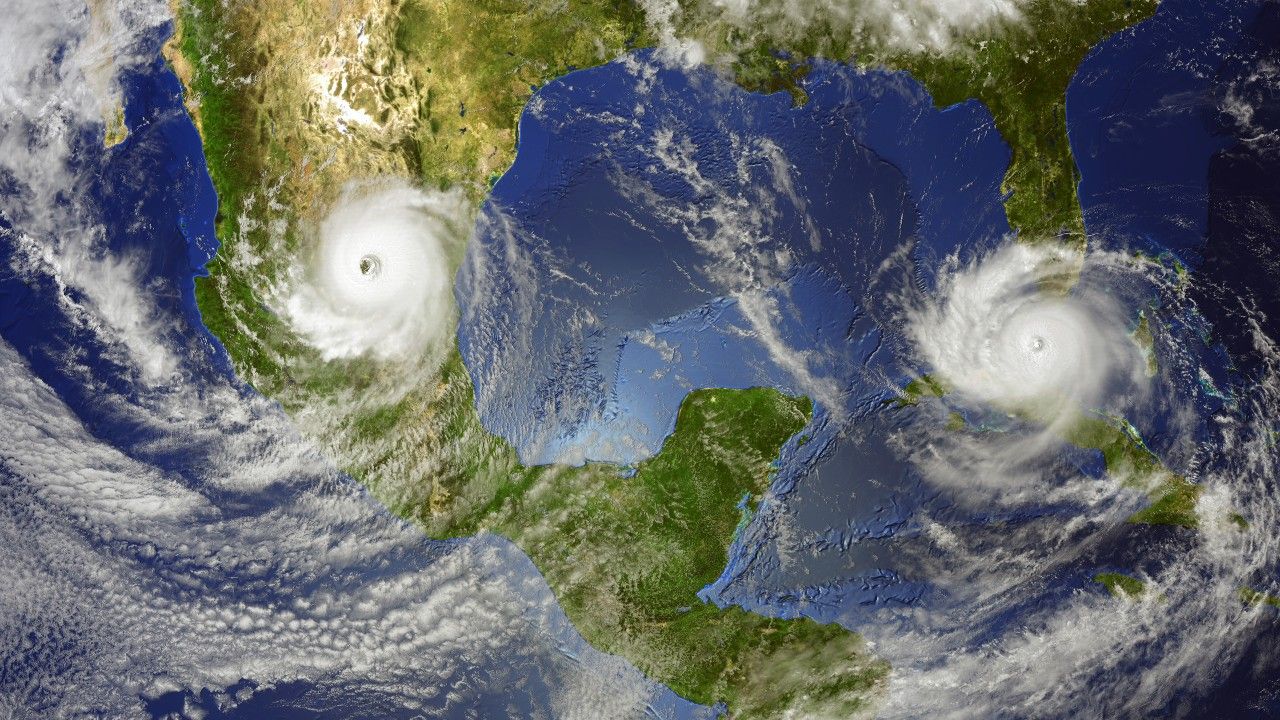
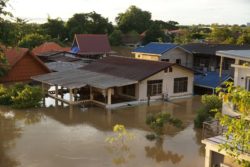 What Does This Change Mean Moving Forward?
What Does This Change Mean Moving Forward?